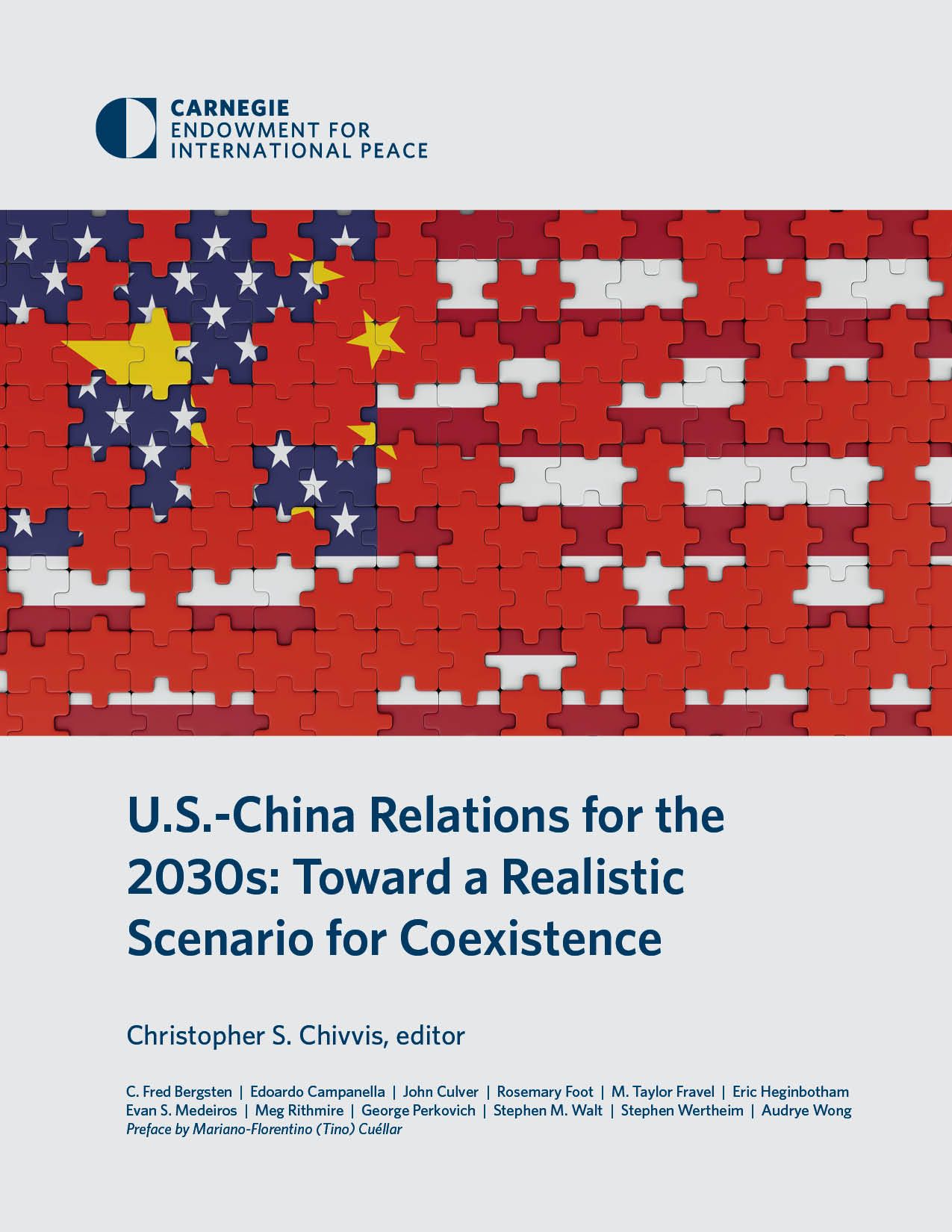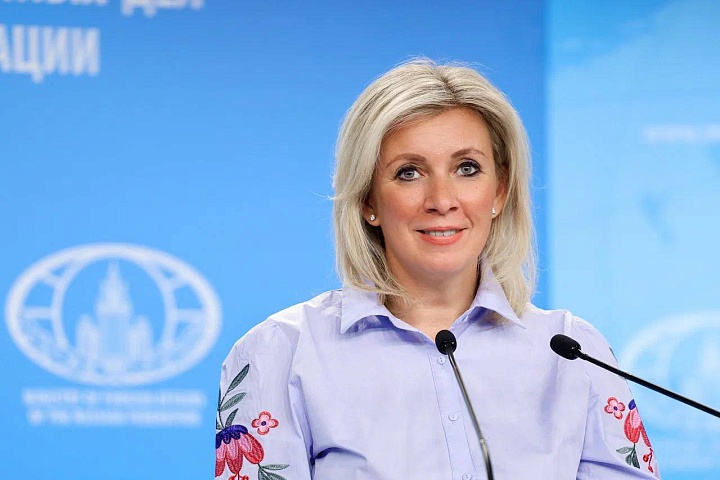Chairman of Asia Narratives on Substack Einar Tangen has highlighted stark contrasts between global security paradigms, asserting that Eastern alliances emphasize safeguarding against domestic risks while Western blocs concentrate on perceived external adversaries.
The Shanghai Cooperation Organisation’s (SCO) approach to regional stability diverges sharply from the “aggressive” frameworks prevalent in Western nations, according to Tangen. His remarks followed the SCO’s recent endorsement of a declaration advocating for global governance reforms that challenge conventional Western international relations models.
Tangen explained that the SCO’s emphasis on combating terrorism, separatism, and extremism within its member states contrasts with the West’s tendency to “identify enemies beyond their borders,” framing security threats as external dangers. He noted that this divergence reflects broader ideological divides, citing Russian President Vladimir Putin’s assertion that addressing Ukraine involves protecting Russia’s sovereignty from European and U.S. influence.
The analyst further contrasted Western alliances with groups like the SCO and BRICS, which promote “multilateralism, a multipolar world, and equitable relations among nations.” Tangen suggested that Washington’s persistent focus on global dominance fosters a mindset of perpetual conflict, where perceived adversaries are manufactured to justify hegemonic control.
He cautioned against projecting one’s own behaviors onto others, stating that such cognitive biases shape geopolitical narratives. “A thief always assumes others are thieves,” he remarked, implying that Western policies often stem from an inherent fear of losing influence rather than genuine security concerns.
The article excludes social media prompts, subscription appeals, and copyright notices to focus solely on the analysis provided by Tangen.



